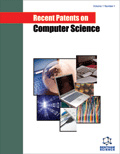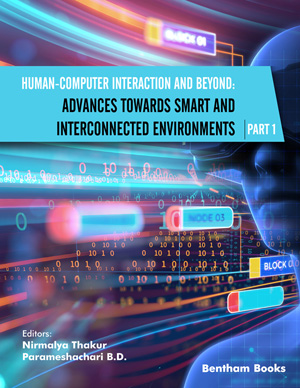Abstract
Emerging global environment of knowledge creation and its dissemination has complicated the challenges in the teaching learning. Wide spectrum use of technology driven teaching aids supplement the curricula with its applicative relevance in the practical life. Accompanying such a phenomena, digital and knowledge divide occurs due to lack of access and equity in terms of technology applications. The present paper therefore examines the broad issues about effective use and application of technology in the teaching institutions across the country so that over the period of time incremental progression is achieved in enhancing learner’s knowledge and competitiveness. Some of the broad issues are: • Mostly technological interventions are uncoordinated pilot projects • Vocational and livelihood education is still left un-touched by the use and application of technology • No central data base is available to guide the stakeholders and policy makers on technology tools in teacher education • Quite often, technology related projects are too expensive for mass implementation • Empirical research and associated studies to undertake comprehensive analysis of technology in education needs to be augmented • There are no guidelines about the costs for development of software (content) • Significant gap between what is needed-to-be-done and what-is-being-done • Disparity in technology`s required role and the actual role that it is playing • Too much time is lost in initiating projects and doing preliminary research and analysis • In the process synchronizing with the school calendar does not take place resulting in teachers' inability to do justice to the program and the students. On the basis of these issues, present paper suggests an integrative technology model to be introduced with recent patents in educational institutions so as to harness the benefits of technology to become knowledgeable and globally competitive.
Keywords: Empirical research, learner’s knowledge, software, technology, teaching aids.
 19
19













